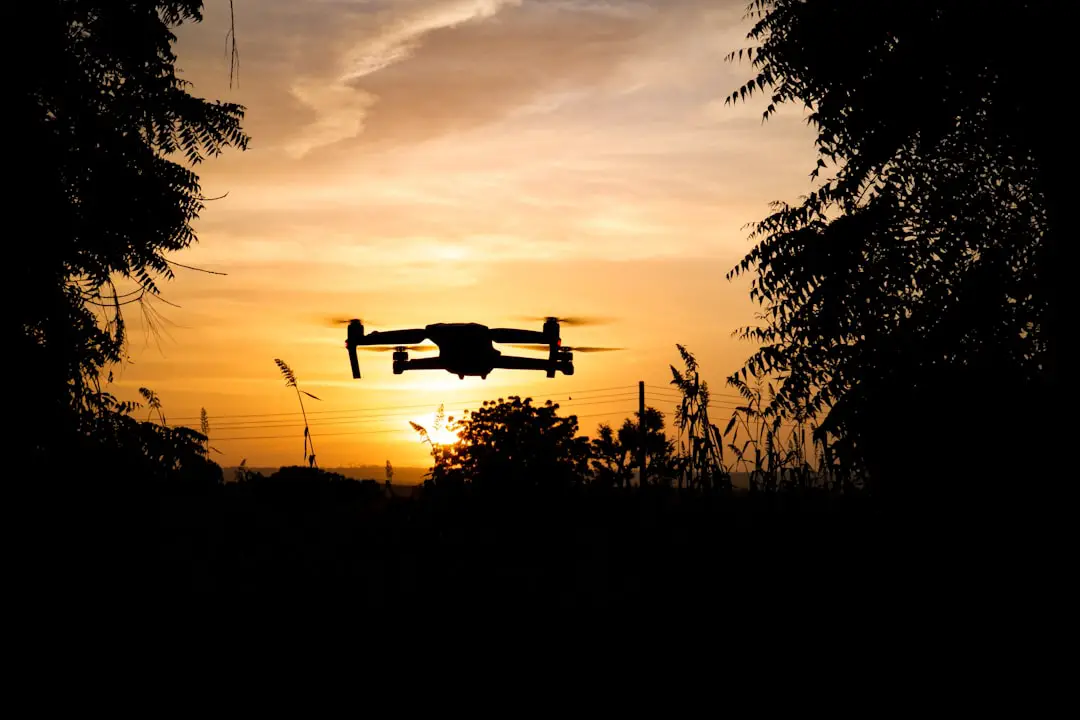
In today’s rapidly evolving world, technology plays a crucial role in almost every aspect of our lives. From communication to entertainment, and even warfare, advancements in technology have revolutionized the way we live and interact with the world around us. One of the most significant developments in recent years has been the use of drones and artificial intelligence (AI) in modern warfare.
Drones, also known as unmanned aerial vehicles (UAVs), have become a staple in military operations around the world. These unmanned aircraft can be equipped with various weapons and sensors, allowing them to gather intelligence, conduct surveillance, and even carry out targeted strikes against enemy targets. With their ability to fly long distances and operate in dangerous environments, drones have fundamentally changed the way wars are fought.
In addition to drones, AI has also played a crucial role in modern warfare. AI-powered systems can analyze vast amounts of data in real-time, helping military commanders make informed decisions on the battlefield. From predicting enemy movements to identifying potential threats, AI has the potential to revolutionize the way wars are fought and won.
However, as with any technology, the use of drones and AI in warfare raises ethical concerns. The use of unmanned systems raises questions about civilian casualties, privacy, and the potential for autonomous weapons to make life-and-death decisions without human intervention.
As technology continues to advance, it is essential for policymakers, military leaders, and society as a whole to consider the implications of these innovations on the future of warfare. By understanding the capabilities and limitations of drones and AI, we can work towards a more ethical and humane approach to modern conflict.
Source: Vision of Humanity






